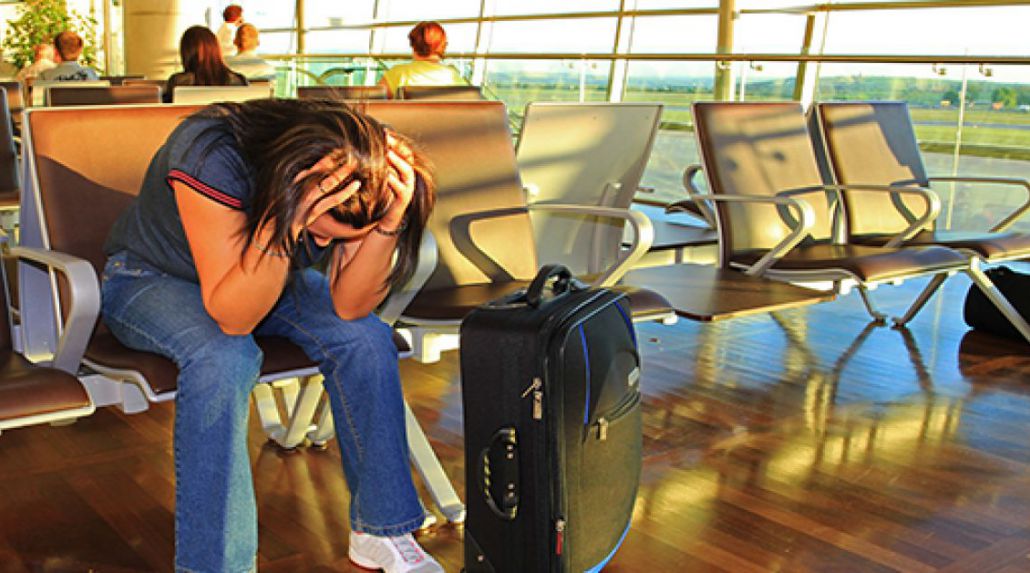
Arriving Fresh: Combatting Jet Lag
April 10, 2019
Many travelers assume that jet lag on long distance flights is an inevitability as reliable as death and taxes. But it need not be that way, with the right planning and a few expert tips. There are numerous factors in travel that contribute to jet lag and unfortunately, some attempts to deal with them can actually make it worse.
Before the trip:
Battling jet lag can start with the trip planning. Non-stop flights are always preferred, though connections are often unavoidable. Beyond that, the choice of aircraft makes a difference too. The Boeing 787 and Airbus A350 are both newer generation aircraft, in which the airframes are built from carbon fiber composite materials rather than traditional aluminum construction. This allows higher cabin humidity and more comfortable cabin pressurization. Both of these are significant factors in reducing the feelings of jet lag.
Beginning to adjust sleep patterns one to two nights prior to the flight can also help. In advance of flying east, start to go to bed just one or two hours earlier; stay up a little later than normal prior to flying west.
Finally, while many travelers don’t have the option to fly business class, there is great value in Premium Economy. The ability to stretch your legs while sleeping will allow for better blood flow and a more restful experience.
During the flight:
Some travelers like to have a drink to help them fall asleep. While this may be effective for some, alcohol will contribute to dehydration which impacts sleep patterns and contributes to jet lag. A better choice is to stay hydrated with water or juice.
When flying on an overnight flight headed east (US to Europe, for example), try to compact the remainder of your day into the first 2-4 hours of the flight – eat a modest meal and read a little or watch a movie. Following that, aim to sleep about 4-5 hours.
Upon arrival:
Once you have reached your destination, your goal should be to immediately adapt to the local time zone – including meal and sleep schedules. Do not take a nap, unless you have had a very early morning arrival, in which case 1-2 hours could help you get through the day. Try to take time outdoors as both sunlight and the fresh air will help you stay alert and help your body adjust. Stretch the day as long as you’re comfortably able to, allowing you to have a good night sleep.
